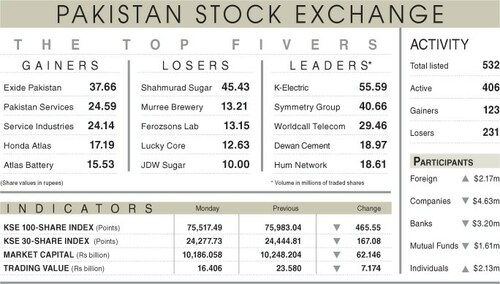Nearly 2,000 factories in Nepal’s industrial heartland, the Bara-Parsa Industrial Corridor, have been shut down due to lack of raw materials as shipments from India have stopped due to the Tarai unrest.
Only a handful of factories using locally available raw materials are presently in operation. The protests in the Tarai plains have lasted more than 100 days and there is no sign of an end.
Industrialists have complained that the government has not shown any seriousness in resolving the crisis. “Factories are bearing the brunt of the strike and the trade embargo imposed by India,” said a member of the Birgunj Chamber of Commerce and Industry.
“Factories are bearing the brunt of the strike and the trade embargo imposed by India,” says a member of the Birgunj Chamber of Commerce and Industry
Industrial production has plunged. In addition, a fuel crisis has hit the transportation sector hard, preventing manufacturers from shipping their products to market. “We have been affected in multiple ways. Banks and financial institutions have been pressing us to repay loans and interest,” said Pradeep Kedia, president of the Birgunj Chamber of Commerce and Industry. “Many factories are on the verge of going bankrupt,” he said, adding that manufacturers were unable to repay their loans as business had fallen sharply.
Many industrialists have been urging the government to consider waiving interest for a certain period. “The government understands the plight of all the other sectors but not ours,” said a Birgunj-based industrialist.
Industrialists said that factories operating in the industrial corridor were incurring losses amounting to 600m rupees ($5.62m) daily due to the strike. The total losses of the factories in the industrial corridor have swelled to 60b rupees in the last three months.
The private sector said that the government and the protesters had not understood the sentiments of the business sector. Large amounts of goods have been piling up at the dry port as they cannot be removed for lack of fuel.
Himalayan Terminal, which manages the dry port, has announced waiving warehouse charges and container parking fees. However, there has been no announcement by the government of a much anticipated relief package for the private sector.
Meanwhile, a dozen cement factories have been shut down due to a shortage of raw materials.
Courtesy: Kathmandu Post/ANN
Published in Dawn, Business & Finance weekly, November 30th, 2015














































